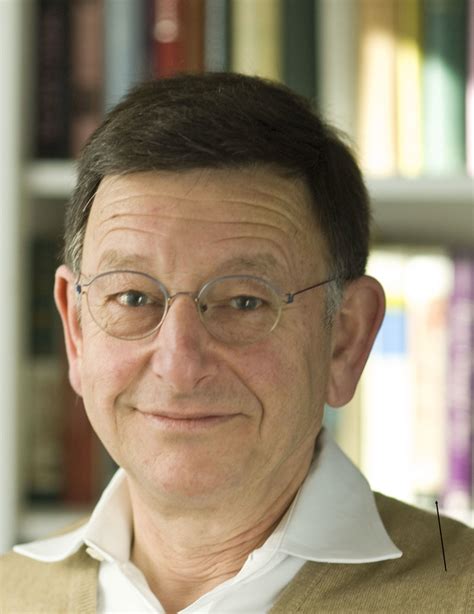A Quote by Octavio Paz
Human writing reflects that of the universe; it is its translation, but also its metaphor: it says something totally different, and it says the same thing.
Related Quotes
If you look at the New York Times, it says X; if you look at the Washington Post, it says the same thing. And if you turn on any television newscast it's the same thing you already heard, that's research. And that's one of the ways it's done. Authority ends up being imputed simply because of volume. I mean, all of these different news organizations reporting the exact same thing.
It's easy to look at the vampires as a metaphor for any feared or misunderstood group. It's also easy to look at them as a metaphor for a shadow organization that says one thing and has a completely different agenda on their mind, and anybody who gets in their way, they just get rid of them. Does that sound familiar?
What do we do if we pass a law that says this has to be done, and then China says, oh, well, OK, we're going to pass that law too and we want access to every iPhone in China? Iran says the same thing, Russia says the same thing - you know, the bad guys go underground. They'll shift to some other encrypted platform.
The practice of translation rests on two presuppositions. The first is that we are all different: we speak different tongues, and see the world in ways that are deeply influenced by the particular features of the tongue that we speak. The second is that we are all the same - that we can share the same broad and narrow kinds of feelings, information, understandings, and so forth. Without both of these suppositions, translation could not exist. Nor could anything we would like to call social life. Translation is another name for the human condition.
Liz, I like you very much," he says. "Oh," she says, "I like you very much, too!" Owen is not sure if she means "O" for Owen, or just plan "Oh." He is not sure what difference it would make in either case. He feels the needs to clarify. "When I said 'I like you very much,' I actually meant 'I love you.'" "O," she says, "I actually meant the same thing." She closes the car door behind her. "Well," he says to himself, driving back to his apartment, "isn't that something?
We live in this society where you must constantly be reinventing yourself. The big question is what are you doing next. The only thing they want is composed of these three elements: They want you to do it the exact same way because they want more of it; but they want it to be totally different; and they want it to be better. That's all you have to do. You just have to do something that's exactly the same, totally different, and better.







































